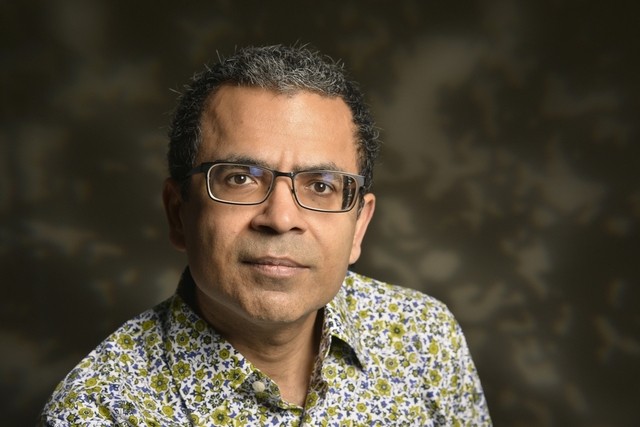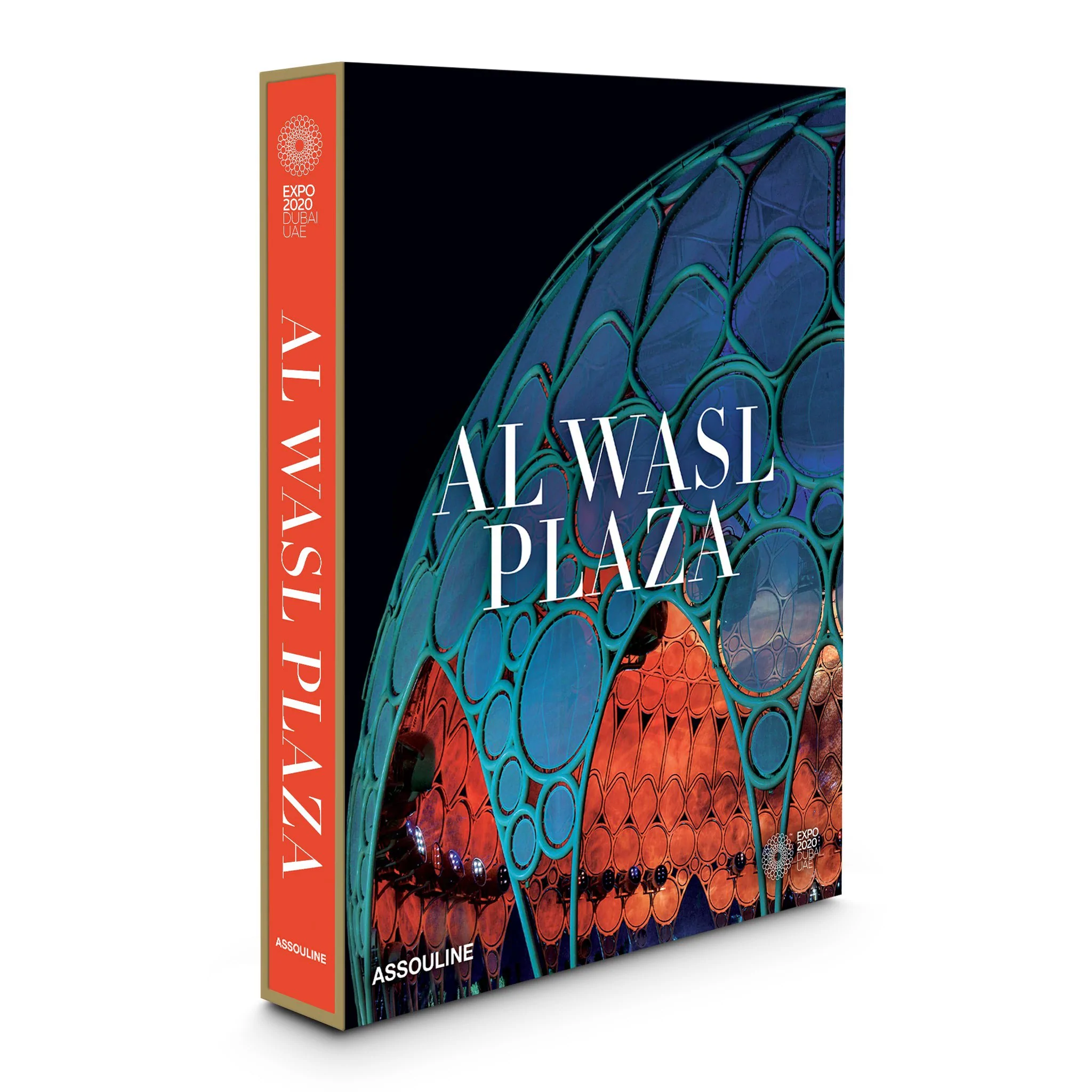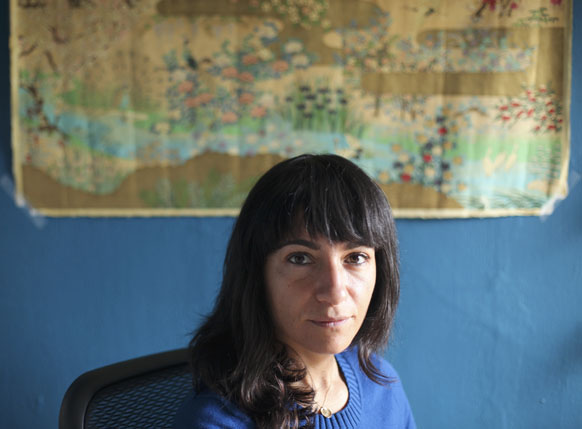When Akhil Sharma celebrated his 10th birthday, he was uneasily settling into a new life in America. He’d been plucked by his parents from a frugal, late-1970s Delhi into a fairy-tale world where – as the child narrator in his award-winning book, Family Life, says – walking on carpet for the first time was like “stepping onto a painting”.
But one devastating moment changed everything. His talented older brother, Anup, dived into a swimming pool, hit his head on the bottom and remained under the water for three minutes. The oxygen deprivation caused massive brain damage and left him totally immobile.
Coping with such a huge change is at the beating heart of Sharma’s second novel – but the prestigious award it won last month, The Folio Prize, is for fiction. In the book, Anup is Birji, and Sharma is Ajay.
“Ajay comes from me but I had to imagine him as being very different, perhaps simpler,” says Sharma from his New York home. “There was lots of stuff I drew from my own life but I felt that I could actually be more emotionally honest if the book was fiction.
“If I’d just chronicled every single detail, then moments like when my parents cut away the skin that had fused between my brother’s arms and torso – because they were so scared about him going back to hospital – would have made them seem a bit crazy. I wanted to honour their sacrifice.”
The emotional pull of the book is certainly its strength. As Ajay’s parents struggle to comprehend the destruction of their dreams for their older son, one turns to alcohol and another to increasingly bizarre faith healers. Ajay himself battles with guilt and his sense of worth – never knowing whether he fits in as an Indian in America, whether he can laugh at his “lazy” brother or indeed whether anyone is even noticing him.
“Sometimes, when I was looking back, I would blame myself for things I did or said,” says Sharma. “But then I would think, come on, you were a 10-year-old kid. You’d remember people being so unkind but then there were also those who, on reflection, were very loving.
“That’s what I learnt in the writing process – your sense of your own life is so inconsistent. Perhaps that’s why fiction fitted this story better, too.”
The writing process was lengthy. Partially weighed down by the burden of responsibility, it took Sharma 12 years and a staggering 7,000 pages to formulate a novel that ended up being remarkably brief and deceptively simple. The chairman of judges for The Folio Prize William Fiennes said it is a “lucid, compassionate, quietly funny account of one family’s life across continents and cultures”.
“When I write about the carpet being like a painting … on the same page, Ajay finds a little magic in hot water running from a tap,” says Sharma.
“I realised I wanted to build up a picture through little details rather than big gestures, because small things often feel a lot more profound.
“It’s also how children see things, too, and once I realised I could tell this story in a childlike style, the humour and the pace also offered a release that allows the reader to keep going forward.”
Talking of release, the plaudits the book has received have, says Sharma, really helped. Even though his mother asked him for permission not to read it, she called him recently to tell him she now felt that even though Anup died three years ago, three decades after his accident, he was still around and doing good through the book.
“The tragedy of these accidents is that they are a waste,” says Sharma. “There’s the sense that a boy is lost forever and nothing really good is going to come out of it. “But my father now feels that all this loss hasn’t been a waste. That it has turned into something good. And that’s better than receiving any award.”


